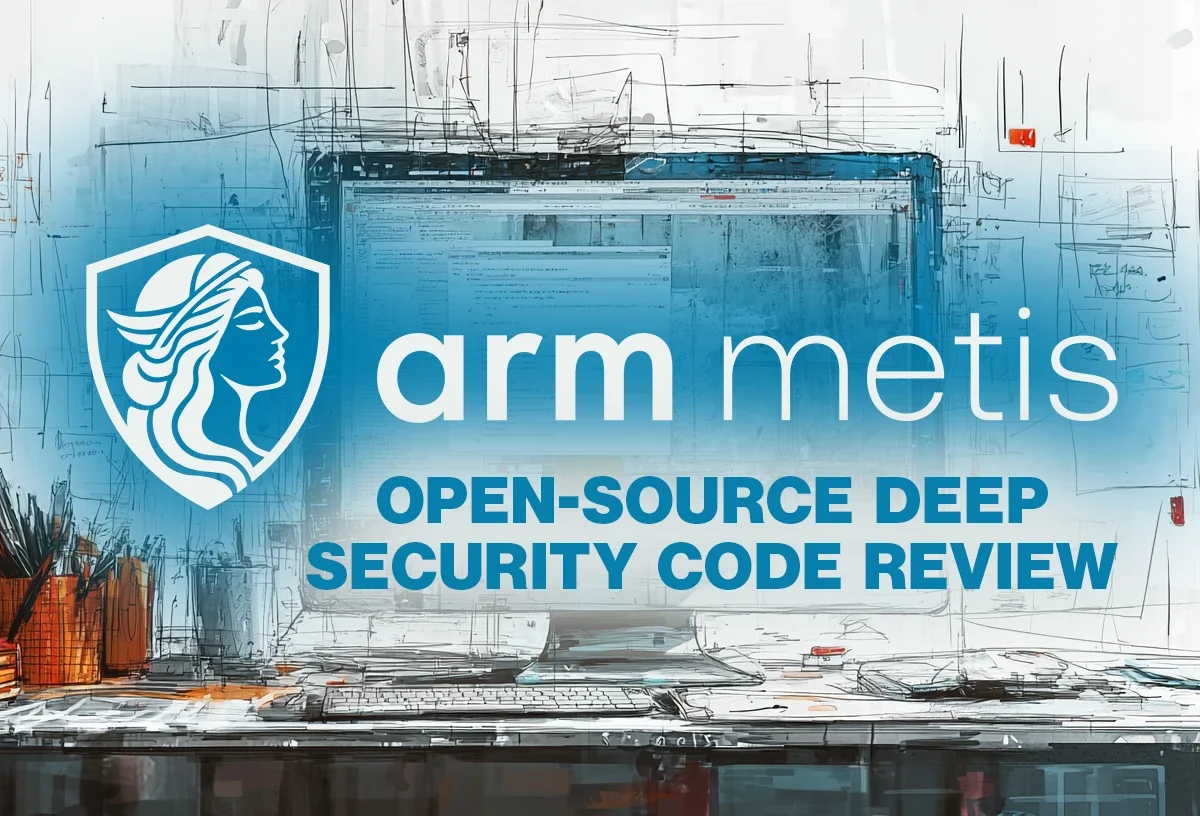Unveiling Metis: The AI-Powered Deep Security Review Tool
In an era where software vulnerabilities are on the rise, ensuring robust security within code has never been more critical. Enter Metis, an innovative open-source tool designed to empower engineers by conducting deep security reviews. Developed by Arm’s product security team, Metis stands out by utilizing artificial intelligence to identify subtle flaws often hidden within large or aging codebases where traditional security tools tend to falter.
The AI Advantage in Code Analysis
One of the hallmark features of Metis is its reliance on large language models (LLMs). Unlike conventional security tools that operate on fixed rules or rely heavily on pattern matching, Metis employs semantic reasoning to analyze code. This approach significantly enhances its ability to identify complex security issues that might otherwise escape detection during manual reviews. By leveraging AI, Metis not only improves accuracy but also alleviates the fatigue engineers often experience during extensive review processes.
Contextual Analysis: Retrieval Augmented Generation
The core functionality of Metis is further enriched by its use of retrieval augmented generation. This sophisticated technique allows the tool to draw contextual information from the broader codebase, providing a more comprehensive understanding of the code in question. By considering related logic during a review, Metis can generate suggestions that are not only more accurate but also easier for engineers to act upon, ultimately streamlining the review process.
Language Flexibility and Plugin Architecture
Metis is designed with flexibility in mind, supporting several popular programming languages, including C, C++, Python, Rust, and TypeScript. Its plugin-based architecture offers a scalable solution that can be extended to accommodate additional languages in the future. This adaptability makes Metis not just a one-trick pony but a versatile tool ready to meet the evolving demands of modern software development.
Moreover, Metis can integrate with various vector store backends, such as PostgreSQL with pgvector and ChromaDB. This capability allows teams to choose the storage solutions that best fit their workflow, enhancing the tool’s usability across different projects.
Future-Proofing with Provider Support
Currently, Metis operates with the renowned LLM provider OpenAI, harnessing its powerful capabilities to conduct in-depth analysis. However, the architecture of Metis has been thoughtfully constructed to allow for support from other language model providers in the future. This future-proofing ensures that Metis can continue to leverage emerging technologies and adapt to the ever-changing landscape of software development.
Accessibility and Community Engagement
One of the most appealing aspects of Metis is its open-source accessibility. Available for free on GitHub, it invites developers and security professionals to explore, contribute, and enhance its capabilities. The open-source model fosters a collaborative environment, encouraging the community to take part in its evolution and improvement.
Continuous Learning and Improvements
As the cybersecurity landscape continues to evolve, tools like Metis will play a crucial role in helping teams stay ahead of potential vulnerabilities. By combining the analytical prowess of AI with the collective input from the open-source community, Metis is poised to be a game-changer in the realm of software security.
Engaging with tools like Metis not only aids in immediate code reviews but also contributes to a culture of security awareness and proactive defense within the software development lifecycle.
For those keen on staying updated on essential open-source cybersecurity tools and best practices, subscribing to resources like the Help Net Security newsletter could be immensely beneficial.





